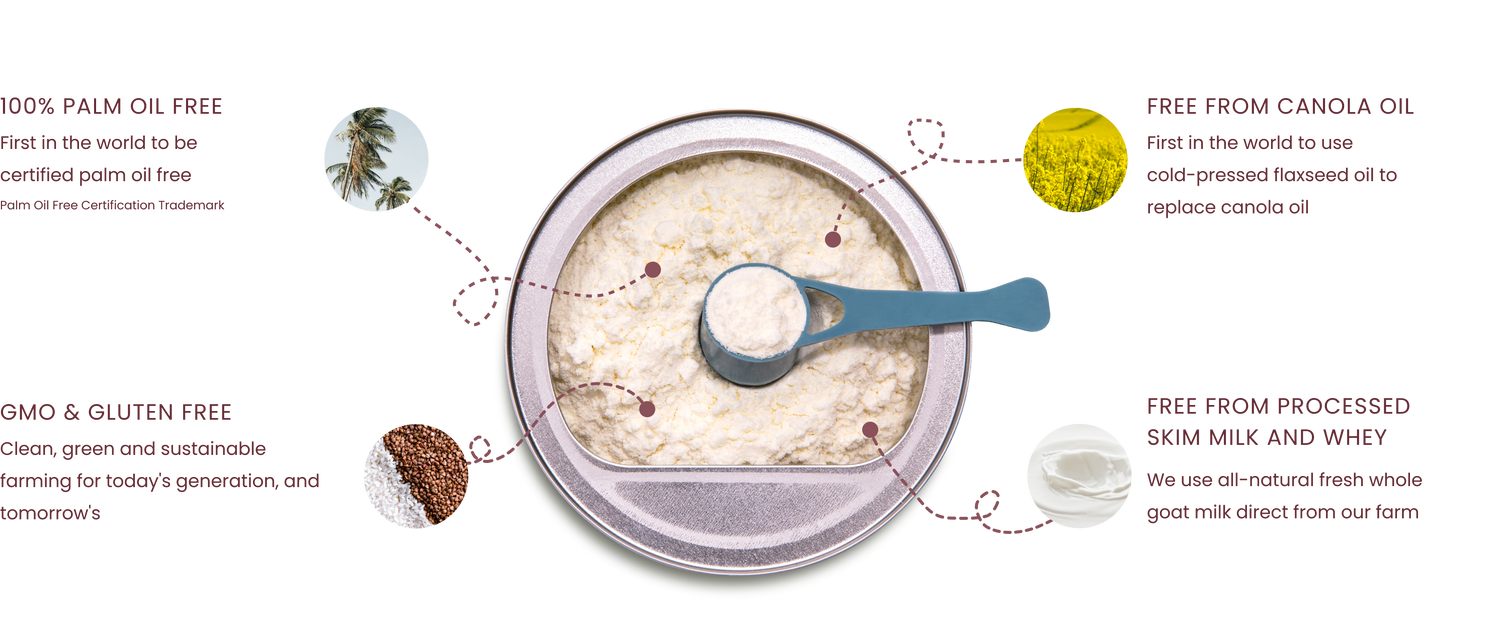The first few months with a newborn will probably be the toughest. You or your partner may still be recovering from birth, all the while navigating your newborn feeding schedule, bonding with your bub and riding all the highs and lows of being a new parent. We’ve all seen the rom-coms with the baby that just won't sleep; we’ve heard the horror stories from our friends and family; and now that our time has come to face the challenge ourselves, how do we prepare? How do we survive the newborn nights? As a team of mums and dads, we’ve had our fair share of sleepless nights, and we asked our team to share their top tips. Read on to learn more.
Get accustomed to reduced hours of sleep
This one might be controversial. There’s a lot of talk out there saying that before you have your baby, you should be getting as much sleep as possible. Here’s a hot take from our Founder and CEO, Elke Pascoe: you might want to get accustomed to waking up multiple times in the night, before your bub arrives. Nearing the end of her pregnancy, Elke’s bub was kicking and moving around during the night, often disrupting her sleep. Instead of letting this stress her out, she saw it as an opportunity to condition her body for these nighttime wake ups. This will make it an easier adjustment for you when you jump into these newborn nights. The takeaway? If your pregnancy is impacting your sleep, don’t let it worry you and instead, find that silver lining. You’ll be a night-time wake up champion.
Accept help
If you’re a mum, you’ll likely be putting all the pressure on yourself. For you mums out there – you do not have to go at it alone.
Newborns wake up multiple times a night to feed (usually every 2-4 hours), so be prepared for the unexpected. If possible, lean on your partner as you navigate it together. Teamwork really does makes the dream work, so share the load with your partner and take turns getting up with the baby, so the other can get some rest. If you're breastfeeding, this may mean expressing ahead of time. Solo mums out there? You are rock stars. Don’t hesitate to ask a friend or family member to help – you need your sleep too.
Four steps for wake-ups
While most newborns do sleep a great deal, they will certainly wake up in the wee hours of the night (as they are still developing their internal clock, or circadian rhythm). You’ll be exhausted and groggy, so just remember these four steps:
- Feed your bub – they may have woken up because they are hungry
- Check their nappy
- Cuddles, kisses and more cuddles
- Put your bub back to sleep
It can be hard to know what your baby needs, but if you go through these four steps, you should narrow it down.
Sleep when your bub sleeps...if you can
Ours grandmothers told our mothers, and our mothers told us: Sleep when the baby sleeps. In theory, this sounds sensible but it's not always practical. It can be overwhelming having a newborn, and while sleepless nights are part of this territory, it is important to get some rest whenever you can. A good way of looking at this is accepting that your sleep schedule will change. If that means napping in the morning after breakfast, then that’s what you do. Catching some zzz's on the couch while bub has their afternoon nap sounds like a plan to us.
Put simply, we are all about families doing things their way and that includes managing those newborn nights.
…..
LittleOak has been nourishing children for many years and feeds millions of infants, babies and children across the globe each and every day, in countries such as Australia, New Zealand and Singapore. In the US, we're proud to have our FDA compliant Toddler Milk available for families.



























